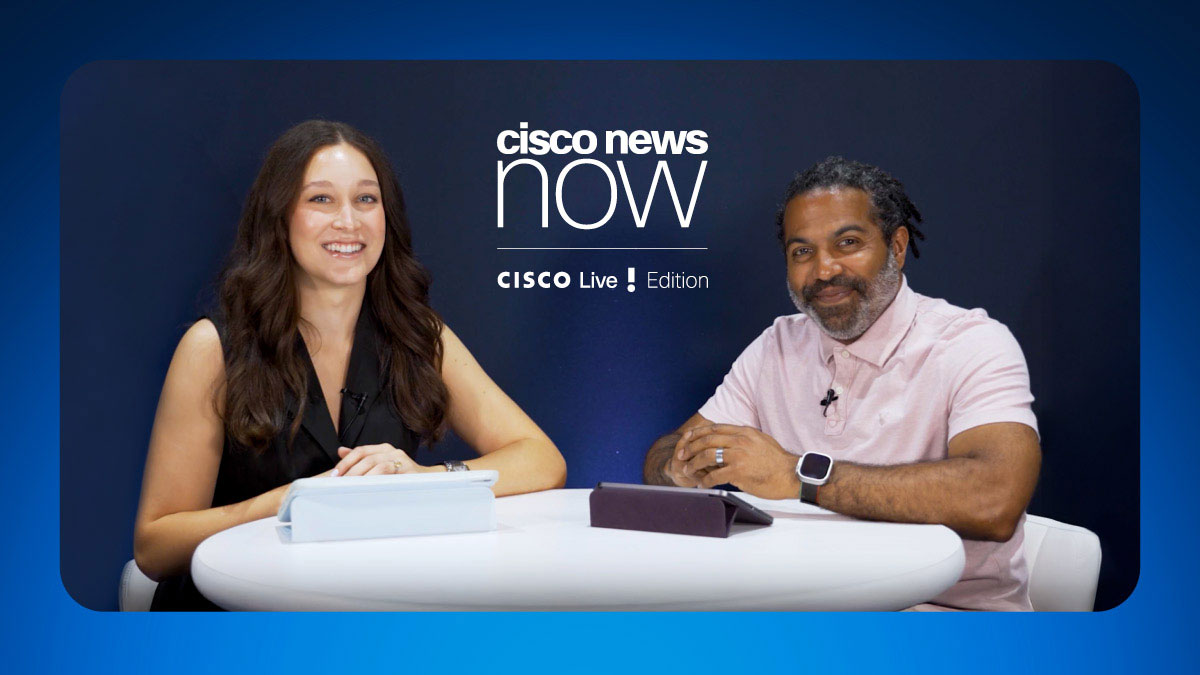BRISBANE, Australia - Cisco Networkers - March 17, 2004 - Cisco Systems® announced at its Australian Networkers conference in Brisbane today that it has sold 100,000 Internet Protocol (IP) phones to more than 400 customers in Australia.
Cisco® Australia and New Zealand managing director, Ross Fowler, told media and analysts at Networkers that businesses are choosing to combine voice, data and video onto one secure, IP-based network. This convergence reduces network operational costs and increases ease of deploying IP-based applications for the mobile workforce.
Mr. Fowler said, "IP-based communications is spreading across more industries in Australia. It is being deployed in campus local-area networks (LANs), into remote offices and beyond into the home, hotels and other areas where broadband access allows employees to use virtual private networks to connect to their corporate network and make phone calls. Cisco is working with our channel systems integrators to meet that demand."
Cisco has sold more than 2.5 million IP phones to more than 13,000 customers globally. U.S. network consultancy, Miercom, recently selected the Cisco IP Communications System as the winner of its 'Best in Test' award. In Australia, the majority of IP telephony deployments use 200 or more phones, including government departments and agencies, recruitment companies, logistics firms, traditional manufacturers, communications companies and financial services companies.
Freehills, a leading Australian law firm, has purchased Cisco's 100, 000th IP phone sold in Australia. Freehill's director of Information Services, Russell Wright, said, "Freehills is currently deploying 2,400 Cisco IP phones, replacing a traditional PABX (private access branch exchange) system. The Cisco solution provided a compelling argument for our environment as a professional services firm because it helped create efficiencies by better addressing staff moves, adds and changes throughout the company."
Mr. Fowler said the productivity benefits available through IP communications were not limited to telephony and that it was now possible to make and receive 'video calls' at the desktop using Cisco Video Telephony (VT).
Demonstrating Cisco Video Telephony to media and analysts at Networkers, the company's user conference for networking professionals, Mr. Fowler said the technology uses Cisco CallManager 4.0 software to allow enterprises to embed video technology into the converged IP communications platform. Cisco VT Advantage voice software and a Cisco VT Camera, which works with universal serial bus (USB) cabling, make the personal computer video-telephony ready, allowing the user access to broadcast-quality video and sound previously unavailable to most videoconferencing systems. For other applications, the same video calls can be made using Cisco VT Advantage with new personal and conference room video systems from TANDBERG, which are specifically enhanced for use with Cisco CallManager 4.0.



